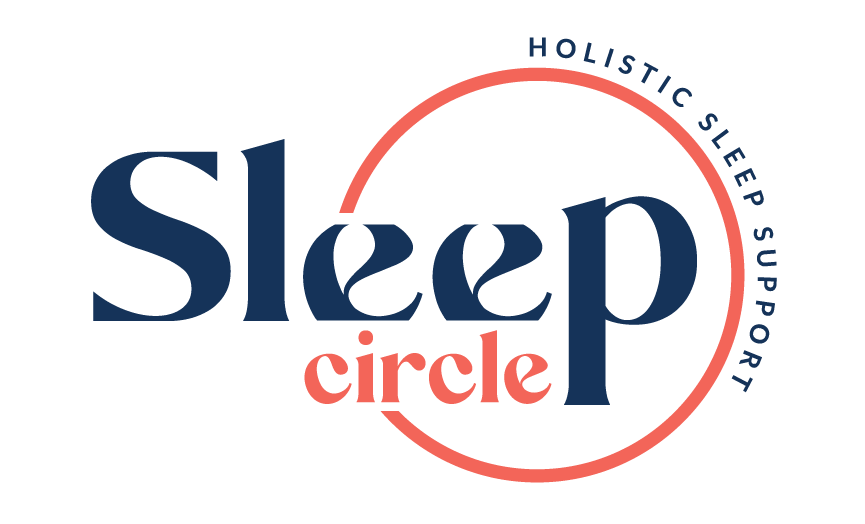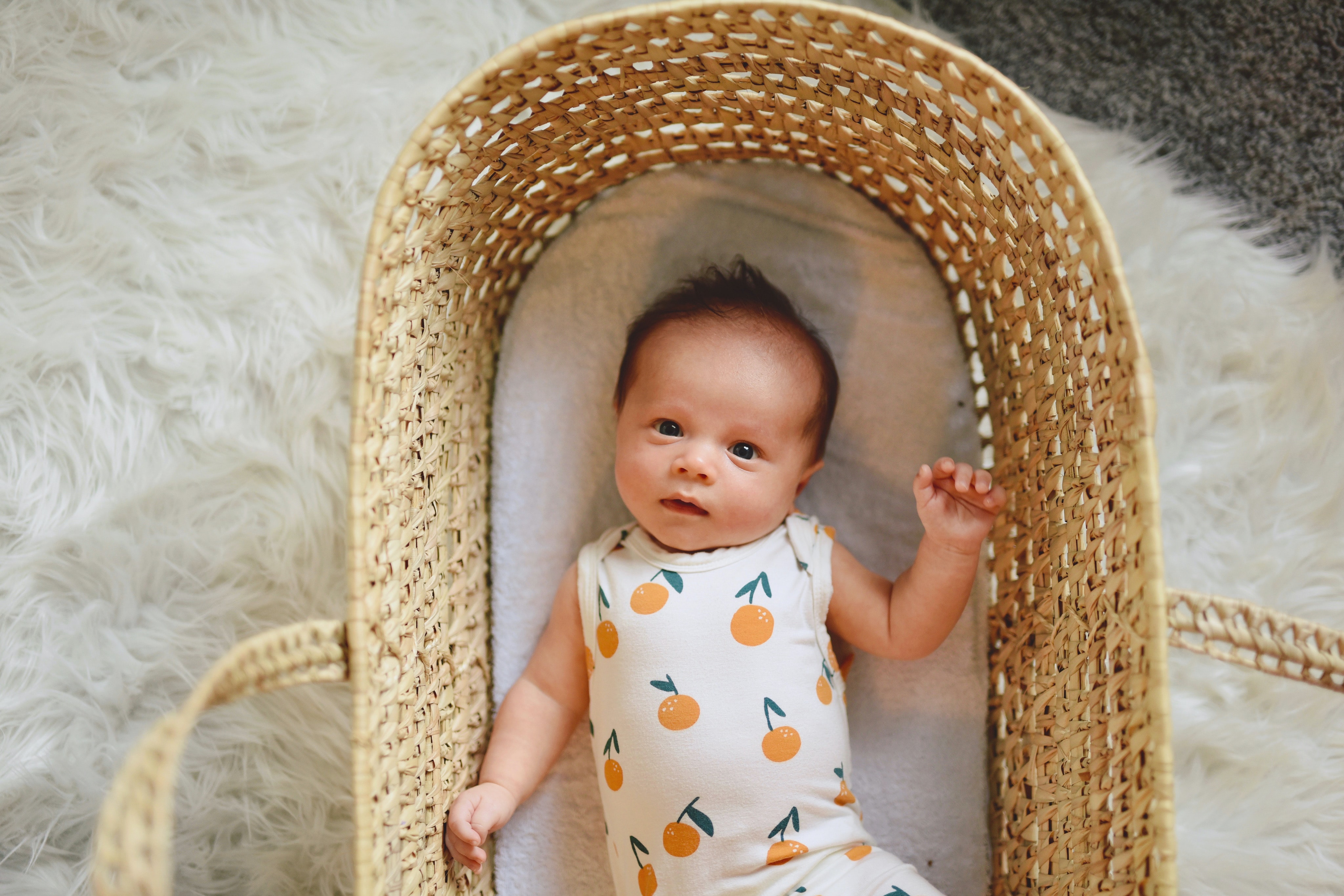Whether it’s your first or fifth child, having a newborn is a life-changing experience. Whilst beautiful, it can also be physically and emotionally challenging and utterly exhausting all at the same time. Although newborns need a tonne of sleep, unfortunately it’s not all in one convenient, uninterrupted block. Cue multiple night feedings and not a lot of sleep for you. So to help you through those exhausting, early weeks, I’m sharing my Newborn Sleep Survival Guide. Feel free to share with other mums’ in need of sleep and contact me for a FREE 15 minute sleep chat if you want to hear more about how I can help your family get more sleep.
- Feeding and sleep are so closely connected, so for the first 6 weeks at least I like to encourage mums to focus on getting feeding successfully established (whether that’s breast or bottle feeding). It’s a new thing for both mum and baby so it can take time to find your rhythm and confidence and for breastfeeding mums for supply to meet demand. But once baby is taking solid, full feeds it can really help lead to healthy sleep. So, empty your schedule, cosy up at home, say no to visitors when you need to and give yourself the time and space to focus on your baby’s cues and needs. It’s only temporary and will really pay off!
- Keeping a close eye on awake windows (i.e. the amount of time between baby waking up and going back to sleep again) and your baby’s tired cues is also super important. Newborns can only tolerate about 45-60 mins max of awake time. It’s not a lot! Just about enough time for a feed, diaper change and then you want to put them back down again for more sleep. After that they become over-tired and will have a hard time falling asleep. It’s also really common to mistake hunger with the need to sleep (it can often look pretty similar!) so don’t always assume it’s hunger. If you’ve just fed, don’t be afraid to pop baby down and give her a chance to sleep. It’s all trial and error so if she sleeps great and if she doesn’t you can still try feeding or meeting her needs another way.
- A non-negotiable when it comes to baby sleep is safe sleep. Check out the American Academy of Pediatrics (AAP) Recommendations for full details but as a minimum ensure your newborn sleeps on her back, on a firm, flat mattress with nothing else at all in or around the crib. As a sleep consultant I cannot recommend co-sleeping due to safety concerns, however, for co-sleeping mums, check out AAP or discuss with your Pediatrician to make sure you make informed choices.
- With the essentials in place, we can start to think about gently encouraging baby to develop Independent sleep skills. That means putting baby down to sleep when she’s tired but still awake and giving her the opportunity to fall asleep herself without any assistance from you or anything else. Some babies take to this like fish to water and for others it takes more time to get comfortable with it. It might work sometimes and not other times. But even if your baby manages to fall asleep independently once in every 10 naps that’s still great progress! Persevere, keep trying and you will see results usually after around the 3rd or 4th month.
- It’s totally normal for independent sleep skills to take time to develop. So whilst you keep trying, it’s also essential that baby gets the sleep they need. Newborns need a tonne of sleep and it’s critical for healthy development. So sometimes that may mean feeding, rocking, holding to sleep (or a million other variants) and whilst baby is still mastering independent sleep, that’s the right thing to do. Swaddling can really help some babies to sleep (but must stop immediately when baby shows signs of starting to roll over). Pacifiers also can be a great tool to calm a baby when used cautiously (i.e. baby doesn’t become absolutely dependent on it for every single sleep).
- A good bedtime routine is something you can put in place from day 1 and really helps to develop a positive sleep association. A predictable routine helps baby’s brain and body prepare for the sleep to come. Check out my insta post about Bedtime routines for more info.
- Finally, remember babies cry. Some cry a little, others a lot. It’s their only form of communication and a way of regulating their emotions. Provided we respond to their needs, it’s normal, healthy and ok. I believe as mothers we are not wired to hear our babies cry, so it can be very tough but know that it’s not a reflection of your parenting skills and it will pass. If in doubt speak to your Pediatrician.



No responses yet